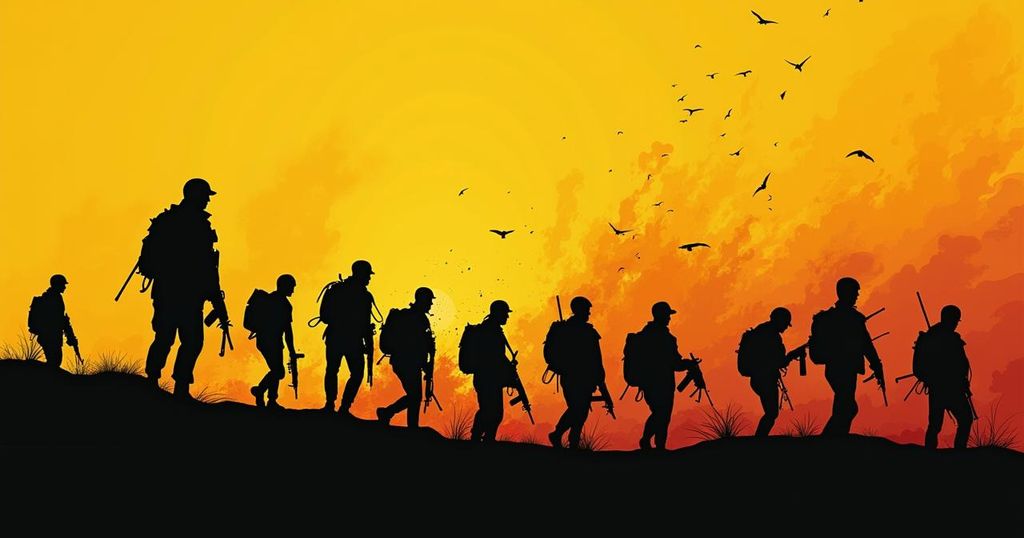Hezbollah’s Resolve Amidst Escalating Conflict with Israel: A Decisive Moment Following Nasrallah’s Death

Following the assassination of its leader, Hassan Nasrallah, Hezbollah remains defiant despite suffering significant losses due to Israeli strikes. The militia claims to have restored most of its communication systems and insists that its missile arsenal is intact, preparing for a robust response against Israel. This shift in strategy comes as Israel intensifies its military operations in Lebanon and beyond, raising concerns about potential escalations in the conflict.
In the wake of intensified Israeli assaults, including the recent assassination of its leader, Hassan Nasrallah, Hezbollah remains resolute and undeterred. Despite suffering significant losses, including the deaths of 20 top commanders and widespread casualties among its fighters, the militia expresses confidence in its operational capabilities. Reports indicate that Hezbollah has largely restored its communications infrastructure and maintains its advanced missile arsenal. A Hezbollah missile specialist, under the pseudonym Hassan, proclaimed, “All red lines are gone. We are going to fight this war without any rules.” While Israel persists with its airstrikes, targeting not only Hezbollah but also other anti-Israel factions across the region, rumors of a potential ground incursion into southern Lebanon have emerged. Israeli officials assert to the United States that such an incursion is imminent, aimed at dismantling Hezbollah’s infrastructure. However, Hezbollah operatives assert that they are preparing for an extensive retaliation and will deploy their most potent weaponry in the near future. The ideological shift in Hezbollah’s approach is evident, as analysts note that the previous strategy of strategic patience has drastically altered following Nasrallah’s assassination. The organization’s deputy leader, Naim Qassem, has voiced support for future retaliation and assured that Hezbollah’s military capabilities remain intact, countering Israeli narratives that downplay the group’s strength. Much, however, rests on Hezbollah’s ability to navigate the unfolding dynamics, balancing military readiness with potential external repercussions.
Hezbollah, an Iranian-backed militia established during Israel’s invasion of Lebanon in 1982, has historically positioned itself as a formidable military force in the region. Over the past few weeks, the group has faced unprecedented challenges, including significant leadership losses and the civilian toll of Israeli operations, which have raised questions about its operational viability. Hassan Nasrallah, who has led the group for over three decades, was a central figure in consolidating its military and political power amid various regional conflicts. His assassination marks a pivotal moment for Hezbollah, prompting speculation about its future strategies and resilience.
In conclusion, Hezbollah finds itself at a crossroads following the assassination of Hassan Nasrallah, facing a critical test of its military capabilities and strategic cohesion. While the group has indicated readiness to respond vigorously to Israeli aggression, the complex interplay of regional politics and military tactics will define its future actions. The sentiments expressed by Hezbollah operatives reflect a broader determination to retaliate and reaffirm their significance as a regional player even in the face of substantial losses, signaling possible escalations in the ongoing conflict.
Original Source: www.csmonitor.com








